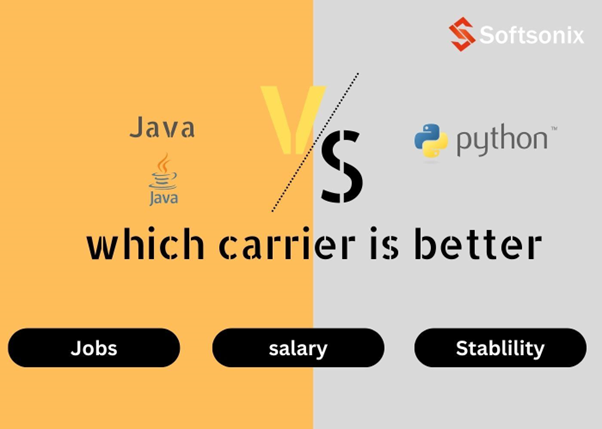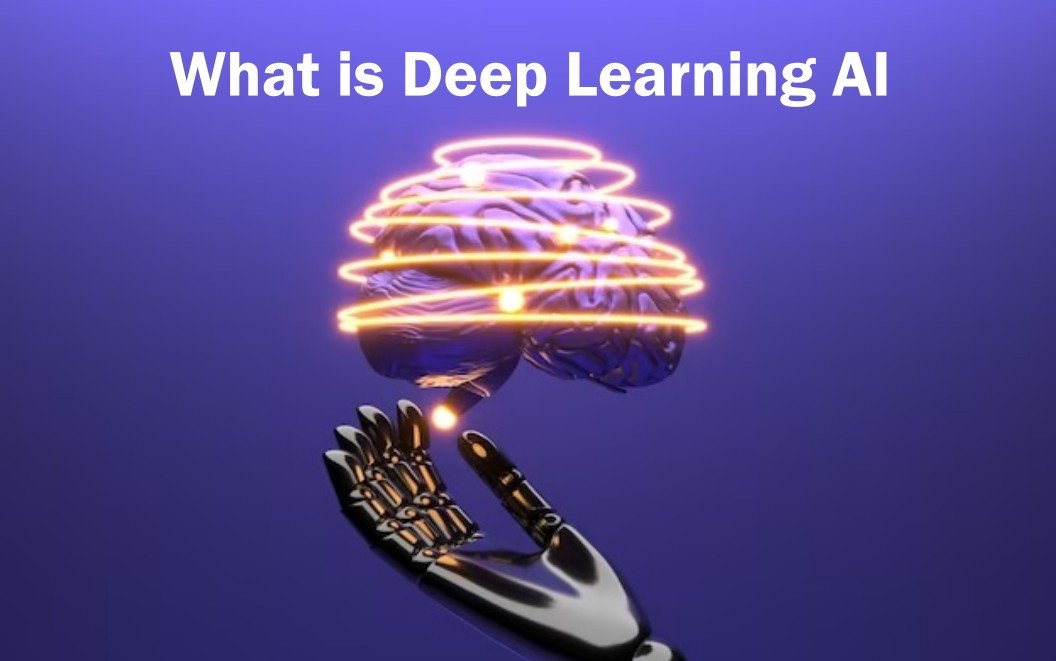What are the skills required for a Big Data Engineer??

Credit - Pixabay
Explore the key potential of data with the astonishing career for the Big Data Engineer. Indulge in the entire space of cutting-edge technology by honing the right skills and developing expertise in programming languages along with data analysis and modeling abilities.
Big Data is primarily characterized by the diversity, volume, and velocity of data, making it highly essential to have an individual learn about the key knowledge of managing it. In reality, the world always has data indicating that Big Data Engineers globally have enough chances to address key business requirements while generating better income for living.
Although it is quite understandable, we will examine the key skills required for a Big Data Engineer.
What is Big Data Engineering, and What does a Big Data Engineer do?
Companies today will collect a greater amount of data, known as big data. The data gets used for numerous purposes, benefiting the company. The big data engineer is responsible for developing, maintaining, testing, analyzing, and assessing the inflow of every big data the company has.
The big data engineer will make a thorough sense of the massive amounts of data while collecting, maintaining, and extracting data from it. By doing this, the firm enhances scalability, efficiency, and profitability. Big data engineers play a key role in contributing to the company's growth.
Highly Demanded Big Data Engineer Skills
Programming Languages
Potential knowledge of programming languages like R, Python, and Java is the key to the manipulation, analysis, and the creation of data processing pipelines is important. The languages arrive with frameworks and libraries that are streamlined for big data analytics. The main languages worth investing your time and money in are Java, Python, and C++.
Suppose you are operating with or developing a big data platform. In that case, you need to deal with scripting, and it is beneficial to have one main scripting language in your back pocket, with Python being one of the best contenders.
Also Read -
Machine Learning, AI, and NLP
The expansion of the digital skills gaps indicates that companies worldwide are in the limitless race to snap up the big data professionals with AI, machine learning, and NLP skills in the local machine learning market, which is forecasted to reach $209 billion by 2029.
Reinforcement learning, neural networks, decision trees, adversarial learning, supervised machine learning, logistic regression, NLP mining technologies, and more are involved.
The data shows that the more you can offer, the more valuable an asset you'll be to any progressive tech-focused employer today.
The data reveals that the more you have under your offering, the more valuable your asset becomes to become the progressive tech-based employers today. Capitalizing on the greater demands and becoming a must-interview candidate with the development of the gravely needed big data skills for the resume of the big data engineer.
Quantitative Analysis
Robust quantitative analytical skills are essential to extract key insights from huge datasets with the help of statistical analysis, mathematical modeling, and hypothesis testing. These skills help facilitate data-driven decision-making with the recognition of the pattern.
A background in mathematics, mainly linear algebra, and calculus, will offer you a robust foundation for the knowledge of statistics, probability, and algorithms that are fundamental across big data skills. The reason why big data engineer gets higher education arises out of their STEM backgrounds.
Data Mining
Data mining primarily involves statistical models and algorithms to discover hidden patterns, correlations, and anomalies across a massive database. The key skills aid the professionals in extracting the key insights with the actionable details out of the challenging data. Technological advancements have made this data the key asset while taking data mining to greater heights.
Problem-Solving
Big data specialists must gain some greater problem-solving skills that address the key challenges linked with the quality of data, scalability, computing efficiencies, and privacy. They are required to make innovative solutions to optimize the data processing times. The key analytical minds will take a longer path in the work. It involves constant practice to hone the skills in terms of becoming a big data engineer.
There are innumerable ways to help build analytical thoughts, and it can be based on something other than technology. Resolving the puzzles, playing chess, or enjoying video games with the activities presenting challenges to your problem-solving skills.
SQL and NoSQL Databases
Knowledge of the SQL and NoSQL databases is essential for the structured and unstructured storage, management, and retrieval of data. The AQL forms a robust foundation of the big data movement that remains central to the Hadoop Scala warehouses.
Distributed NoSQL databases like MongoDB are fast replacing their more traditional SQL counterparts, including the likes of DB2 and Oracle, allowing for far more efficient storage and access capabilities.
Distributed NoSQL databases like MongoDB are rapidly replaced with the more conventional SQL counterparts that include the likes of Oracle and DB2, enabling the potential storage and accessing capabilities. NoSQL works perfectly with Hadoop, considering the abilities of data processing. It even offers access to the entire job scopes.
Data Structure and Algorithms
Knowledge of the data structures and the algorithms helps optimize the data analysis, processing, and storage. Knowledge about the potential algorithms allows the management of large-scale data sets and the performing of challenging tasks with lower process costs.
There are effective skills to help build your career whenever it comes to big data or science, ensuring that you have polished them to perfection in this game.
Also Read -
Interpretation and Data Visualization
The potential knowledge and the visual representation of the data insights are key to engaging the stakeholders. Data visualization skills allow the development of relevant graphs, dashboards, and charts to help the extensive decision-making process.
The lack of the potential analysis of data and deriving the key insights can help businesses function in the right way. The big data professional is important to have an in-depth understanding of the business environment with the domain of the employers who engage with it.
Conclusion
The Big Data Engineer is a vital element of every data-driven company in search of achieving a competitive edge. The firms would often experience failure in the project due to the lack of data engineering efforts, resulting in a notable financial loss.
Our post today has rendered a complete overview of Big Data Engineering along with the list of abilities and processes that should be included with the best Big Data Engineering processes.








